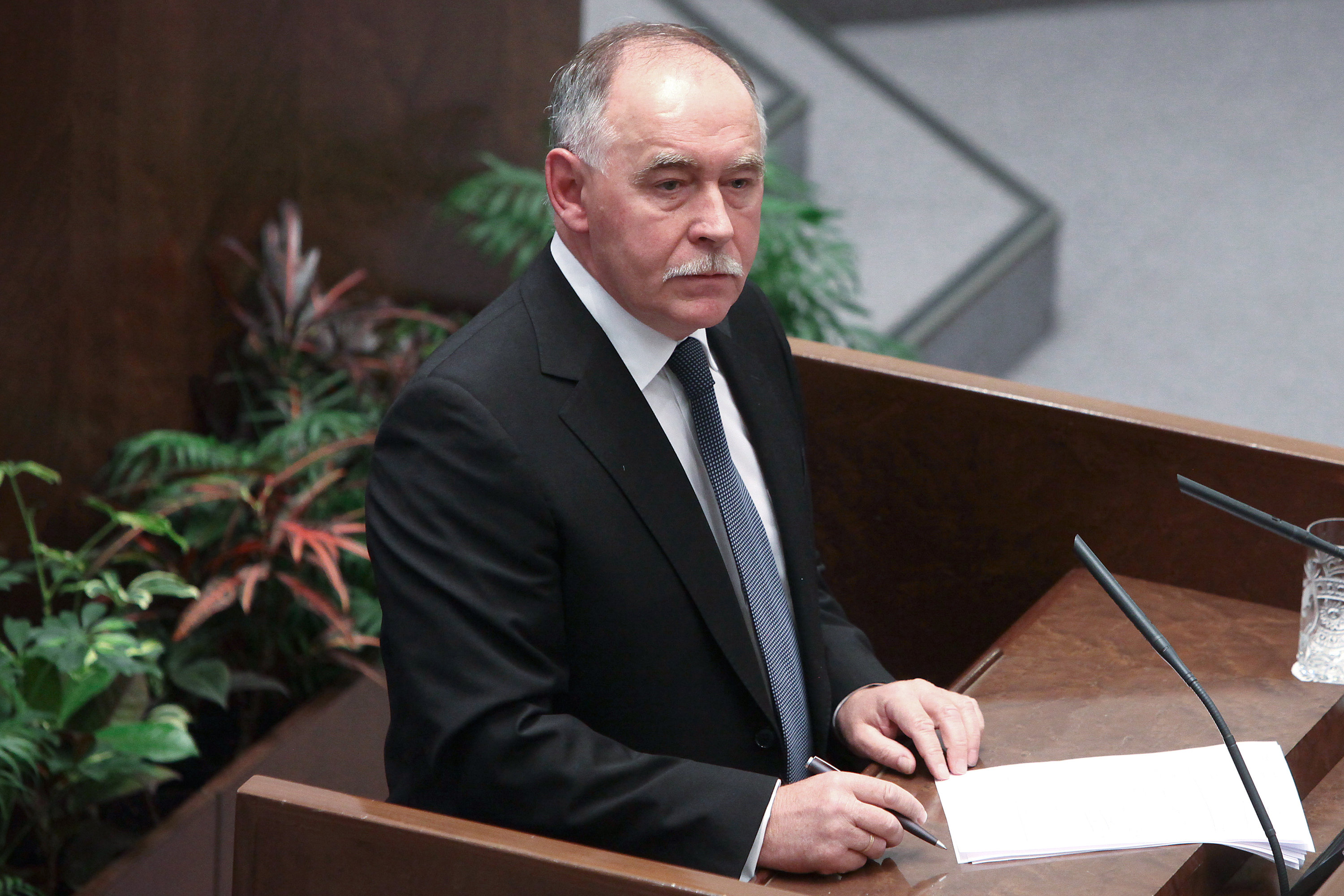MOSCOW, November 27 - RAPSI. Russia's anti-drug chief criticized NATO on Tuesday for failing to combat drug-trafficking from Afghanistan.
“Drug production in Afghanistan is a threat for the EU states and they [NATO] agree, but say that they cannot work outside the European Union,” Federal Drug Control Service head Viktor Ivanov said.
Russia is interested in cooperation with NATO on the problem, Ivanov added, but complained that NATO has been reluctant to accredit an official of his anti-drug agency to represent Russia in Brussels.
US and NATO forces have been involved in Afghanistan since 2001, and make up the bulk of the International Security Assistance Force (ISAF), which is responsible for assisting the Afghanistan armed forces in fighting the Taliban and other insurgent groups.
Many of those groups, particularly in the south of the country, are reliant on opium and heroin production to fund their military campaign. The United Nations Office on Drugs and Crime says the Taliban earn $150 million a year from drugs.
Russia fears the flow of drugs from Afghanistan will increase after ISAF forces are withdrawn from the country in 2014.
Russian and US drug control services carried out their first joint anti-narcotics operation in Afghanistan in October 2010, destroying four major drug laboratories, Ivanov said that month.
Last week, the Federal Drug Control Service broke up on a drug cartel in the Tatarstan republic city of Naberezhbyye Chelny that had been trafficking heroin for about four years, Ivanov said.
In course of the most recent operation some 175 kilogram of heroin was confiscated. The cartel consisted of 20 organizers, 100 couriers and 15 dealers around Russia.
The group was trafficking drugs primarily from Afghanistan through Central Asia, the former Soviet republics and EU states, Ivanov said.
Heroin kills up to 100,000 people in Russia annually, according to the Federal Drug Control Service.



